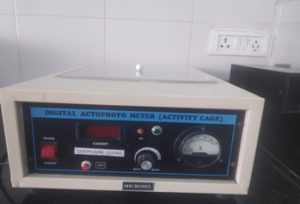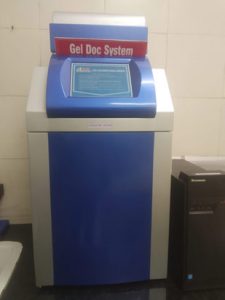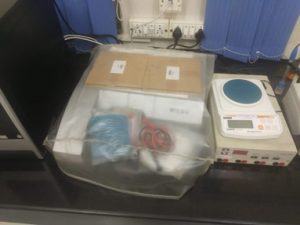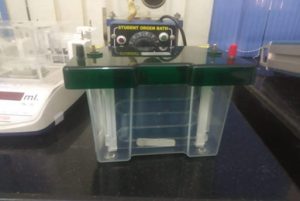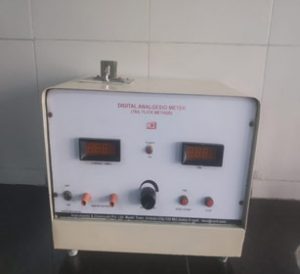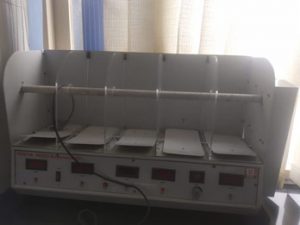Research in pharmacology covers many areas and uses many techniques, but underlying this diversity is a common theme–the investigation of the interaction of chemical substances with biological systems. The Research Programs in Pharmacology Research Laboratory at Chitkara College of Pharmacy, Chitkara University span from the atomic-level to the whole organism, and are highly collaborative within the department and throughout India.
Research in the Pharmacology lab focuses on three specific areas
As animal species share physiological, behavioral, or other characteristics with humans the animal models are used for various research areas.
Neuropharmacology
Parkinson’s disease, Huntington’s disease, Alzheimer’s disease, Stress induced depression, Traumatic Brain Injury, Substance Addiction.
Ischemia Reperfusion Injury
Cerebral Ischemia Reperfusion Injury, Renal Ischemia Reperfusion Injury
Metabolic disease:
Obesity, Diabetes Mellitus, NAFLD and Rheumatoid arthritis.
The research ranges from single molecule studies on neurotransmitter receptors, ion channels and transporters, to behavioral approaches in models of disease. The research aims to understand the basic mechanisms of neuronal function, how these mechanisms are changed in disease, and how pharmacological agents interfere with these changes. The active research programs involve studying receptor, transporter and ion channel biology, cellular signal through mechanistic approach. Our lab is actively involved in investigating the mechanisms behind neurobiology of addiction, and mechanisms of nerve injury, protection, repair and hence exploring the new drug targets. Pharmacology Research Lab provides training opportunities across multiple Departments and Programs. Faculty in the Department also undertake outside collaborations with academic and industrial partners to support drug development and novel therapeutic approaches. Post Graduate Students and Researcher Scholars trained in Neuroscience and Neuropharmacology have embarked on successful careers in academic, industrial research and other professional careers
Major Eqipments of Research Lab
The research lab is equipped with major instruments like Gel Doc System, ELISA reader, Centrifuge, Digital pH meter, analgesiometer, digital actophotometer organ bath assemblies, Organ bath etc.

